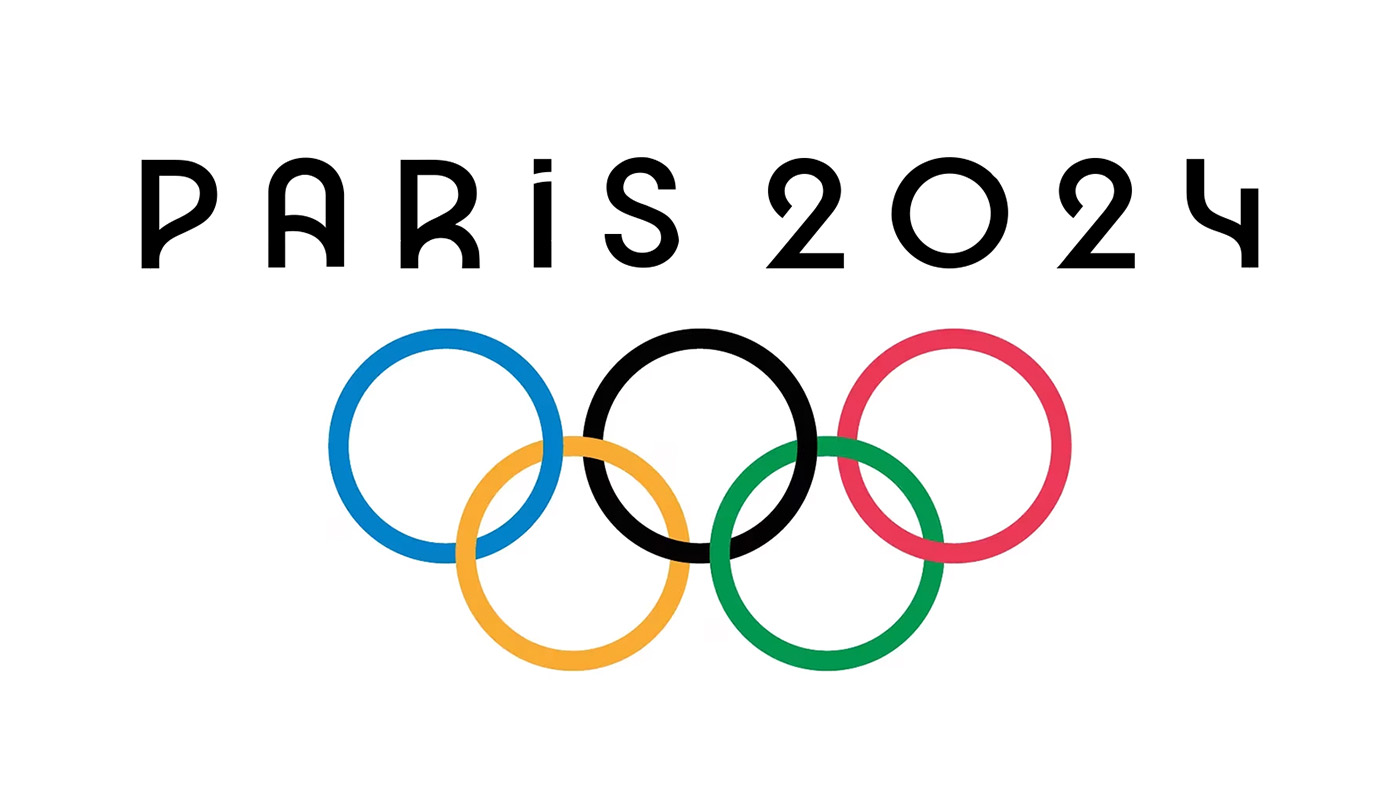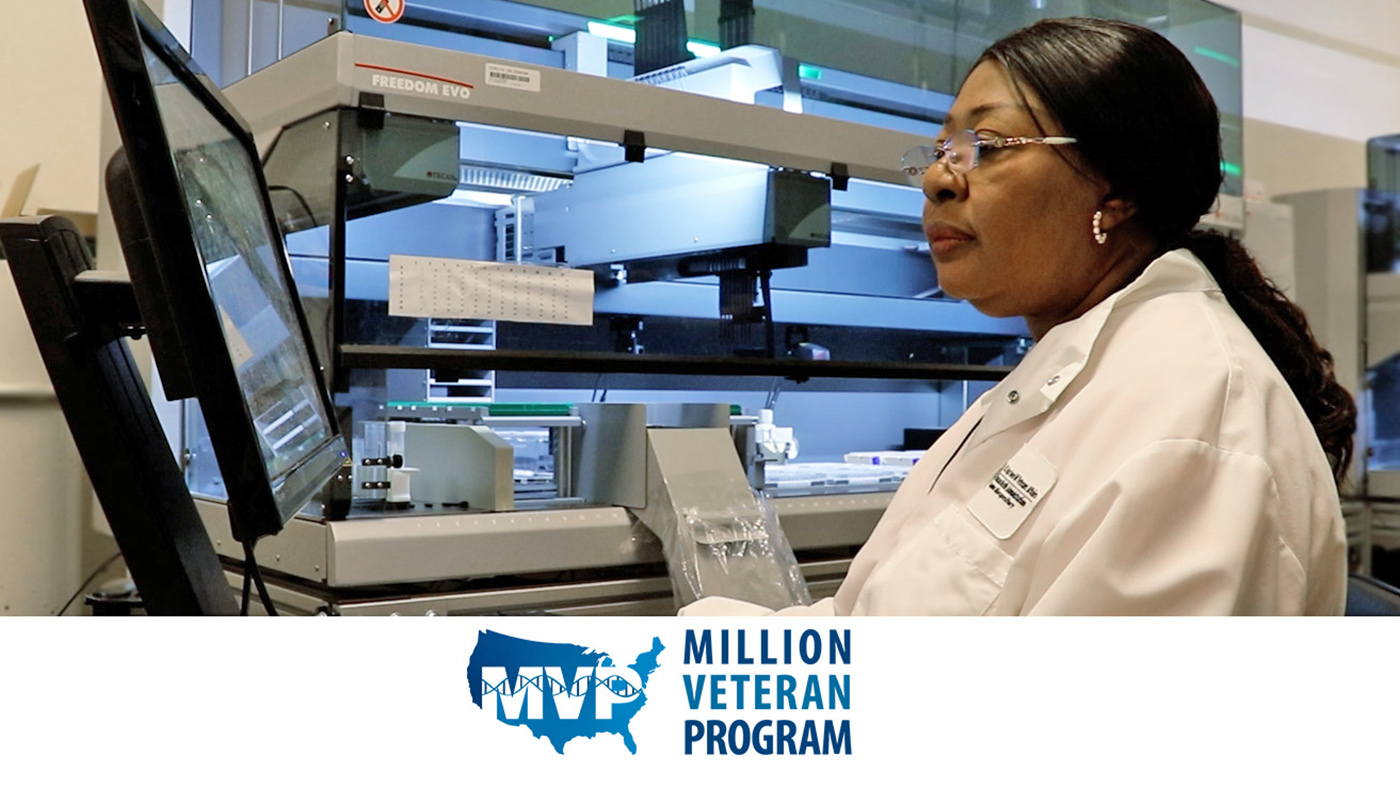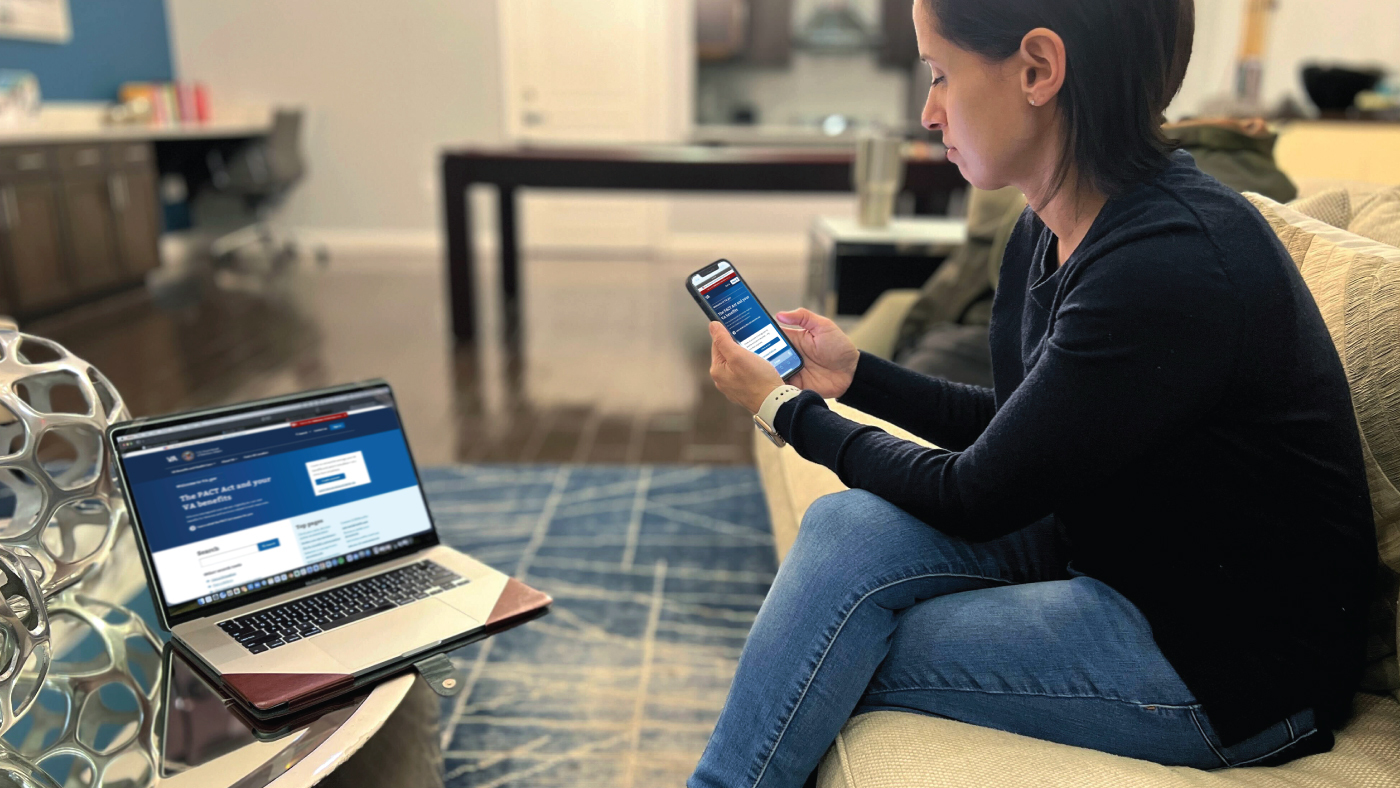I was trained to be physically and mentally tough in the military. Having the stamina to kick in 100 doors a day in Fallujah, Iraq, was just as important as having the mental fortitude to keep fighting, even after the loss of a friend to injury or death.
It wasn’t about being “macho,” it was about survival. For me, falling out of a fight — physically or mentally — was a sign of weakness, and weakness got you killed.
And then I went home.
The physical battles were over for me but my mental switch was still “ON.” I quickly learned that the stoic behavior that kept me going in Iraq could cost me my family and my health.
It wasn’t easy, and it went against everything I believed in at the time, but I reached out for help.
While I was lucky to have a great leader in 1stSgt Rene Salinas (3/5 K CO.), who understood what was happening to me and what I needed to do to get help, other service members weren’t as fortunate. That’s why VA is focusing on the importance of mental health for the men and women who served our country in uniform by highlighting September as Suicide Prevention Month.
VA continues to expand access to mental health and has hired more than 1,600 new mental health clinical providers and staffed all 151 VAMCs with suicide prevention coordinators over the past year. Awareness campaigns like Make the Connection and real-time services like Veterans Crisis Line, where Veterans can access 24/7 emergency mental health care, have also increased VA’s outreach efforts to those currently suffering from symptoms of PTSD and TBI.
The Veterans Crisis Line has received more than 890,000 calls, 108,000 chat connections, and 10,000 texts since it was established 6 years ago. This has translated into more than 30,000 rescues of Veterans in immediate suicidal crisis and 152,000 referrals to a VA Suicide Prevention Coordinator.
Like me, thousands of Veterans have struggled with reaching out for help, but fortunately VA has stepped up its efforts and has committed itself to an unparalleled system of comprehensive treatment and services to help us.
Topics in this story
More Stories
Seven U.S. Army soldiers, one Army Reserve soldier and two Veterans are representing Team USA at the 2024 Olympic Games in Paris, which begins today.
The findings of this new MVP study underscore the importance and positive impact of diverse representation in genetic research, paving the way for significant advances in health care tailored to Veteran population-specific needs.
VA reduces complexity for Veterans, beneficiaries, and caregivers signing in to VA.gov, VA’s official mobile app, and other VA online services while continuing to secure Veteran data.









not getting help.
If a Veteran suffer from depresion is possible that VA provide a service dog?